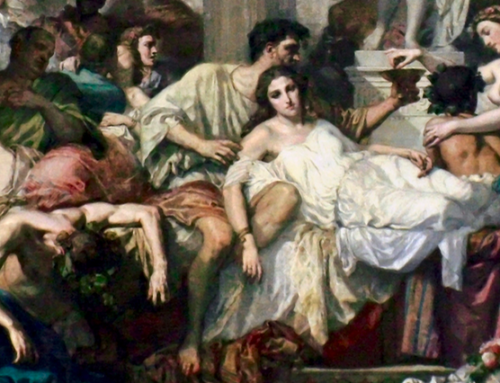 An audience of more than a thousand, mostly young people, came to the London School of Economics on February 18th to hear Professor Eamonn Butler deliver a talk entitled “What Would Hayek Do to Sort Out This Mess.”
An audience of more than a thousand, mostly young people, came to the London School of Economics on February 18th to hear Professor Eamonn Butler deliver a talk entitled “What Would Hayek Do to Sort Out This Mess.”
In context, Butler’s talk is part of a recent series of LSE lectures and debates between Keynesians and their (usually free-marketeer) critics; some notable Keynesian academicians were said to have been woefully ill-prepared and in either case were routed in every contest. Youth attendance was considerable and overwhelmingly anti-socialist.
Butler, who once taught philosophy at Hillsdale College and is President and co-founder of Britain’s prestigious Adam Smith Institute, is one of Britain’s most vigorous and thoughtful free-marketeers. He has written extensively; from excellent primers on Adam Smith’s thought, Austrian economics, Friedman, Hayek and von Mises, to an abridged “Wealth of Nations,” to a recent book explaining Public Choice Theory, to numerous ASI policy publications that led the Thatcher-Major revolution, and more. They can be found on his website, and that of the Institute for Economic Affairs (with free downloads linked above). Eamonn organised the creation of a vast bronze likeness of Adam Smith recently erected on Edinburgh’s Royal Mile, thought to be the first memorial statue in Britain to be wholly financed by private subscription since Victorian times.
Butler’s chairman for this talk is the young Allister Heath, editor of an influential newspaper “City A.M.” focussed on economics and finance. He is the most informed and energetic free-marketeer among journalists in Britain.
Books on the people and topics discussed in this essay may be found in The Imaginative Conservative Bookstore.







Leave A Comment